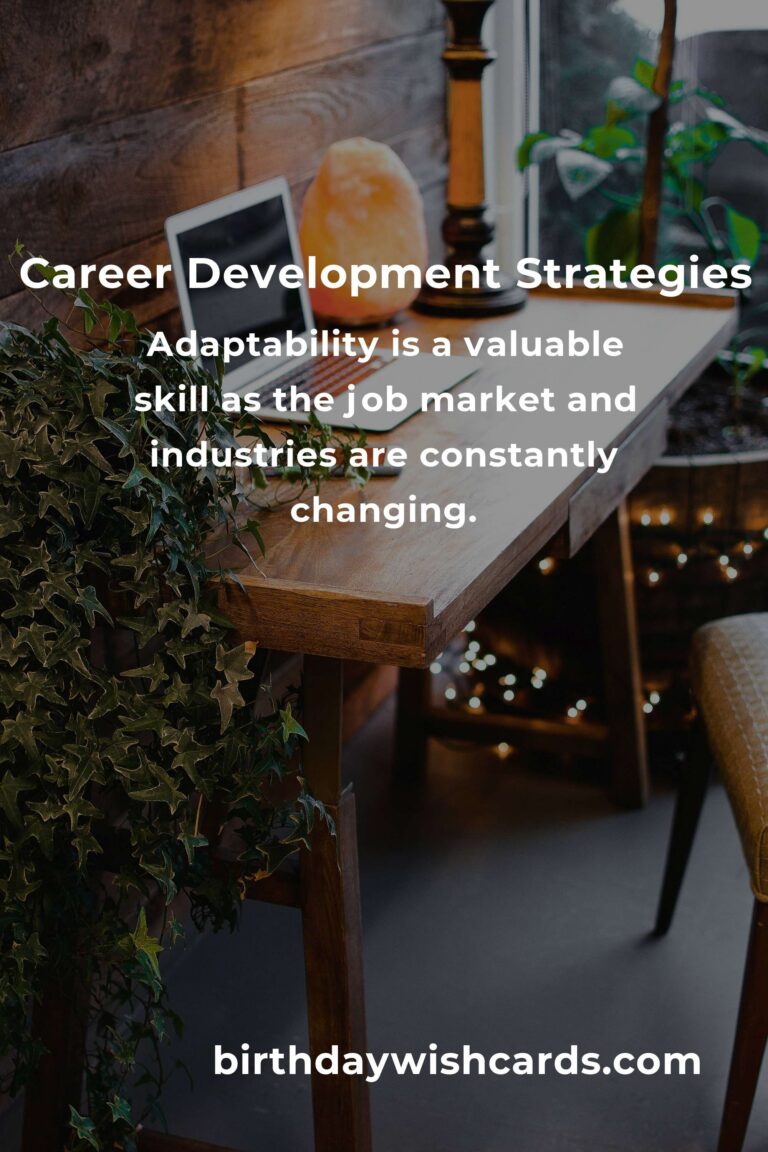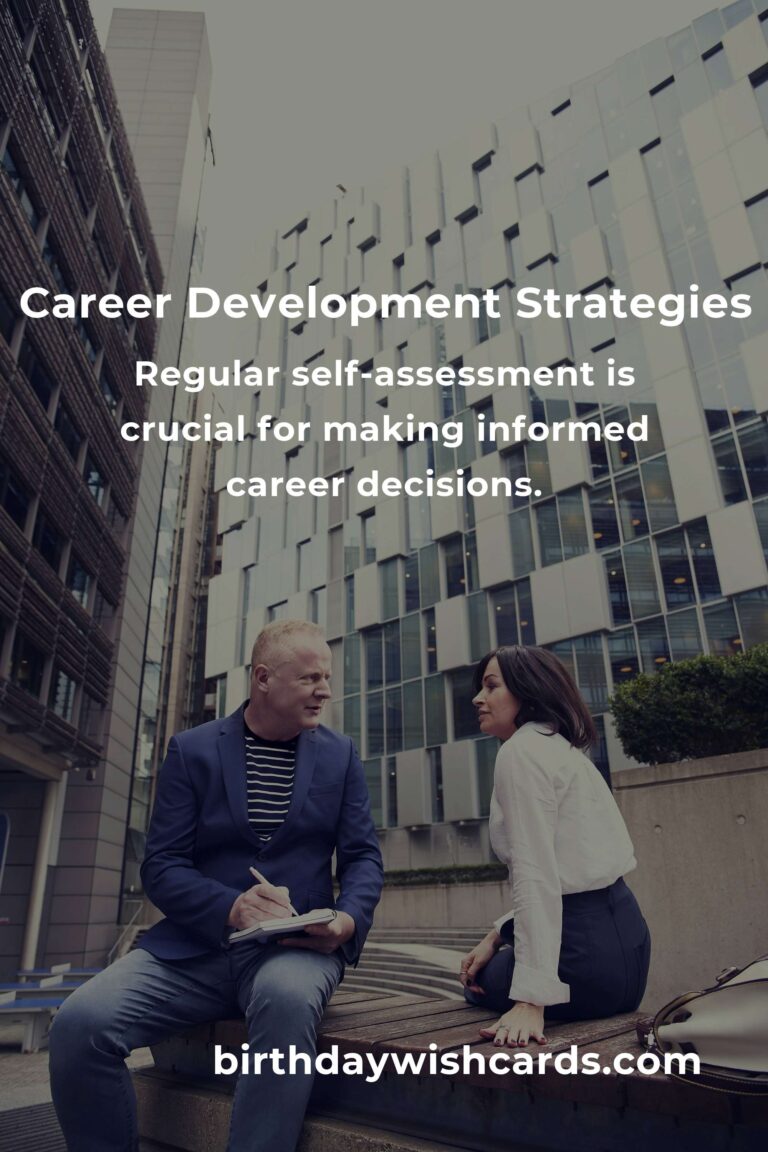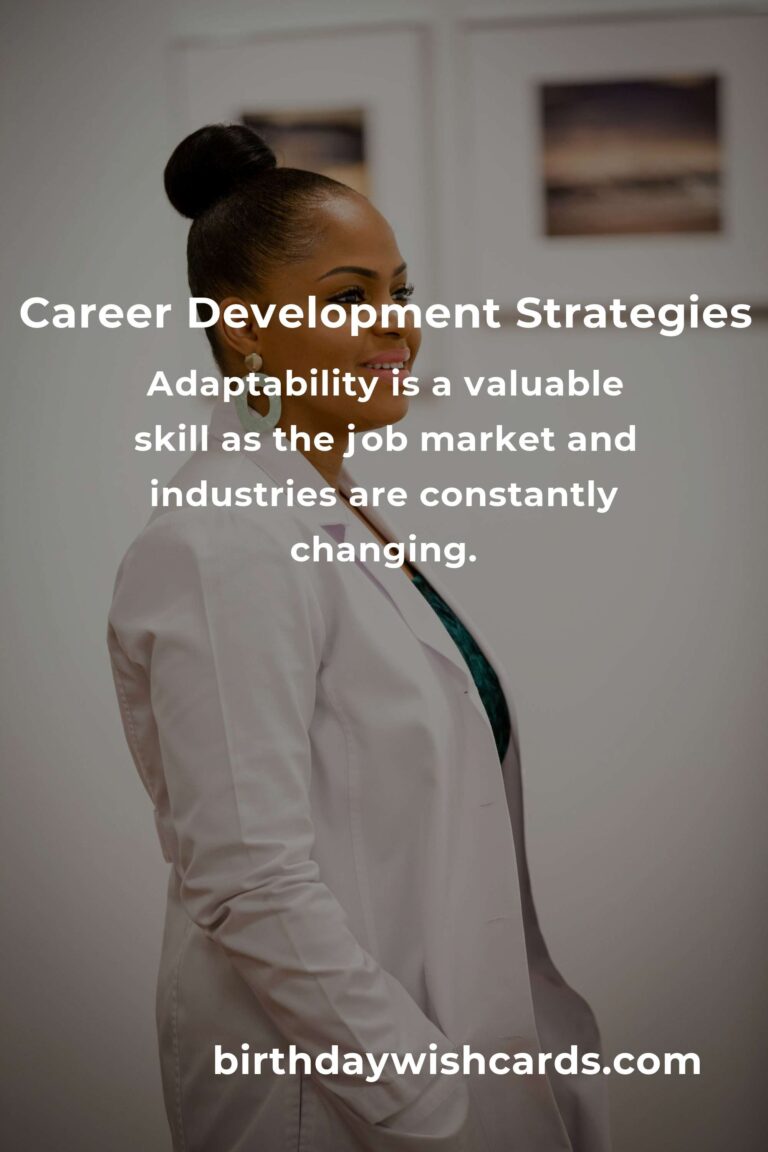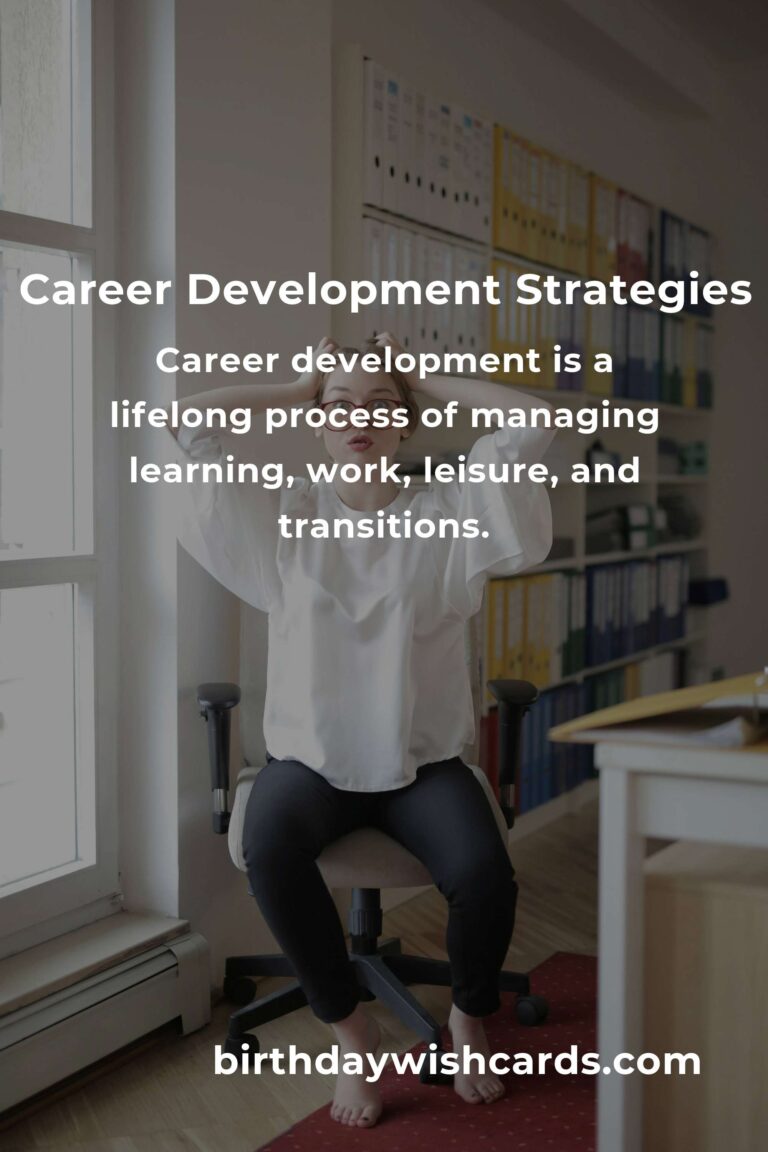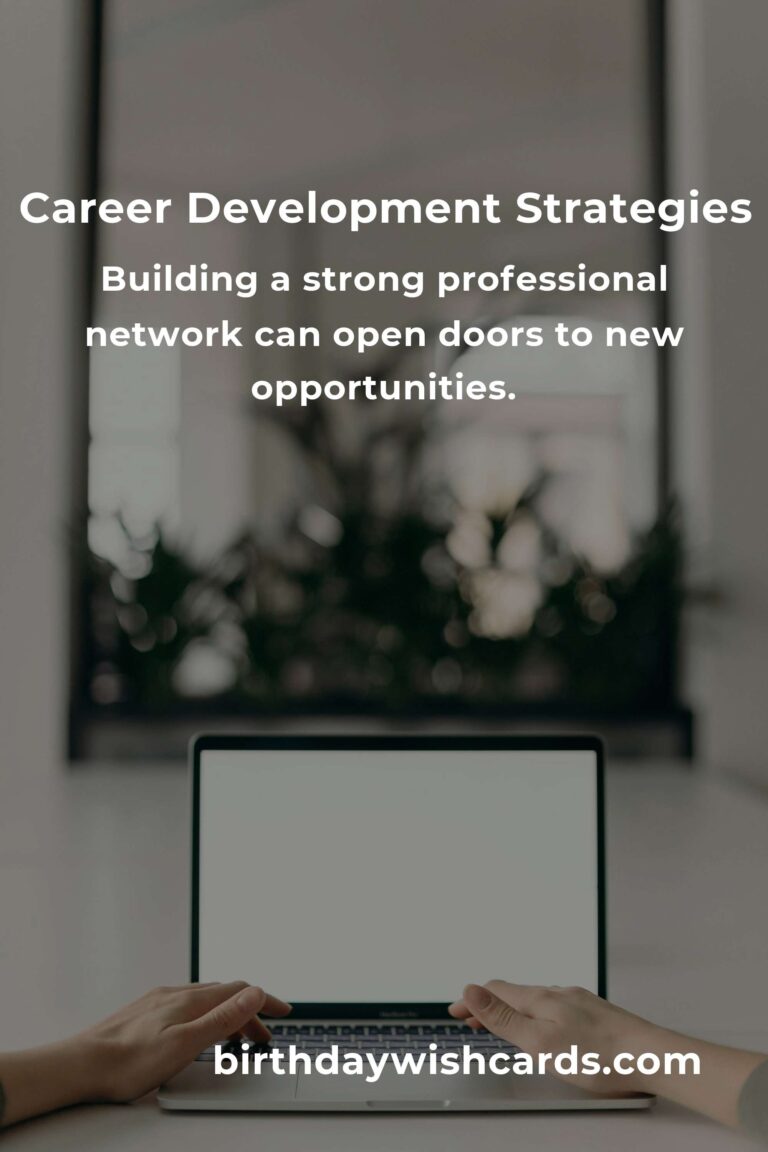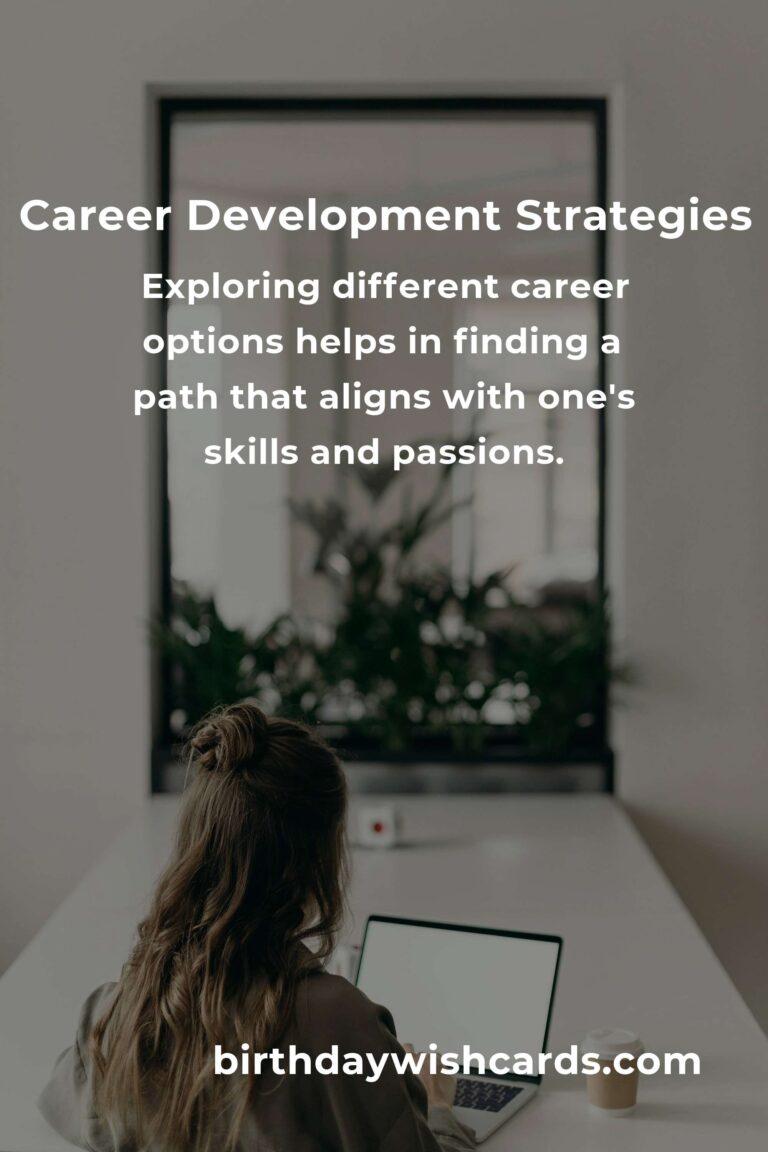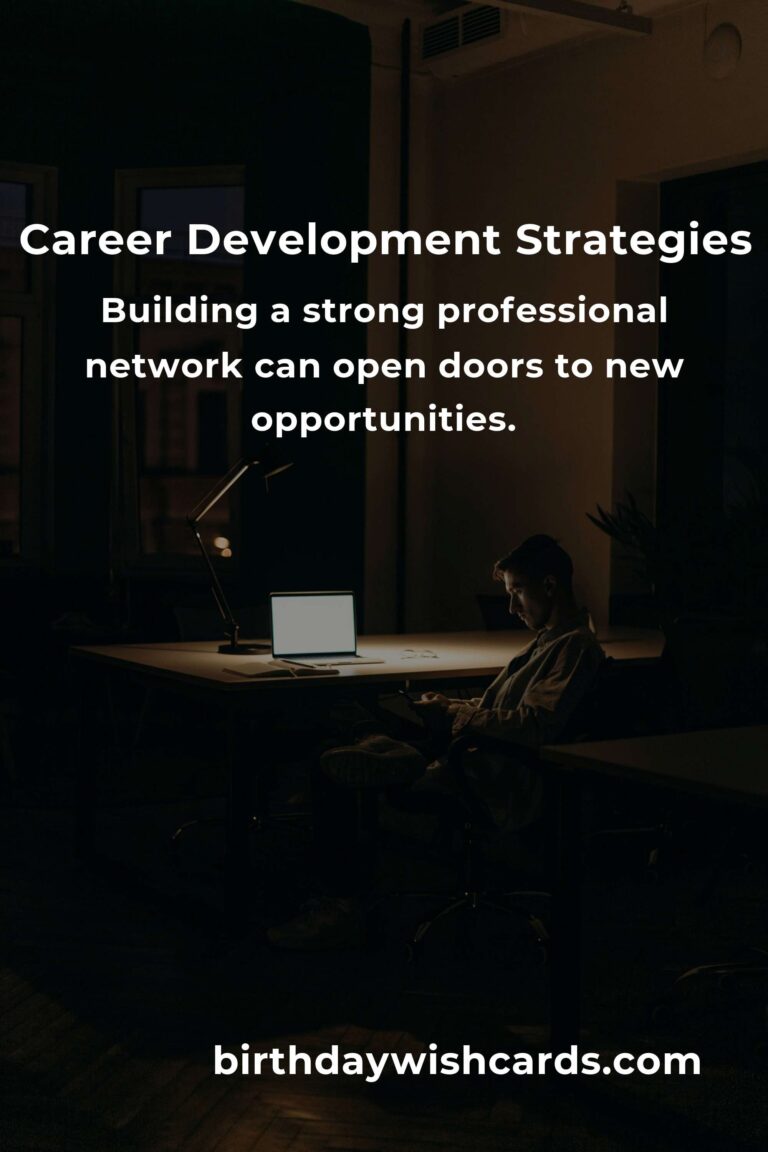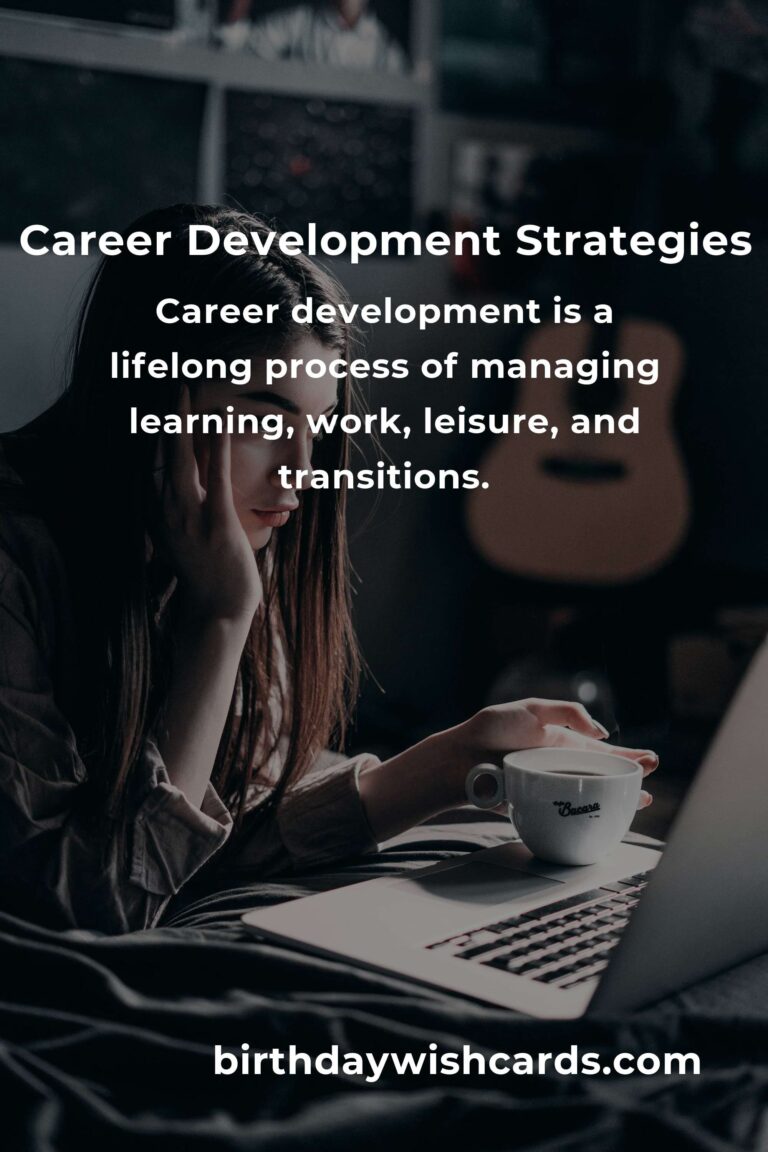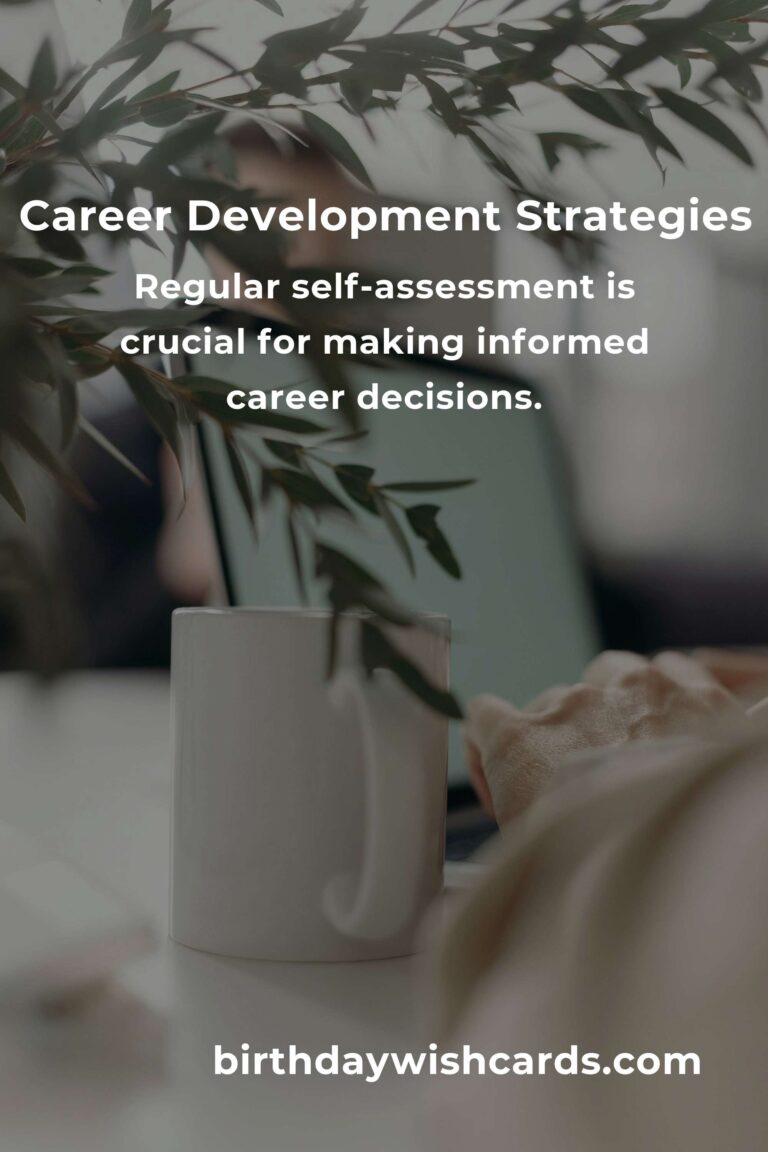
Career development is a lifelong process of managing learning, work, leisure, and transitions in order to move toward a personally determined and evolving preferred future. For beginners, understanding the core concepts and strategies of career development is essential for building a successful and fulfilling career. This guide aims to provide you with actionable ideas and strategies to kickstart your career development journey.
Understanding Career Development
Career development encompasses a range of activities and processes that help individuals plan and manage their careers. This includes setting career goals, acquiring new skills, networking, and continuously evaluating and adapting one’s career path. The process is dynamic and involves self-assessment, exploration, decision-making, and action.
Setting Career Goals
One of the foundational steps in career development is setting clear and achievable career goals. These goals act as a roadmap for your career journey and help you focus your efforts. Start by identifying your short-term and long-term career aspirations. Consider what you want to achieve in the next year, five years, and ten years. Ensure your goals are SMART: Specific, Measurable, Achievable, Relevant, and Time-bound.
Acquiring New Skills
The job market is constantly evolving, and acquiring new skills is essential to remain competitive. Identify the skills that are in demand in your industry and take proactive steps to learn them. This may involve enrolling in courses, attending workshops, or seeking certifications. Additionally, soft skills such as communication, teamwork, and problem-solving are equally important and should be developed alongside technical skills.
Building a Professional Network
Networking is a critical component of career development. Building a strong professional network can open doors to new opportunities, provide support and guidance, and enhance your career growth. Attend industry events, join professional organizations, and connect with peers and mentors in your field. Remember, networking is about building genuine relationships, so offer help and value to others in your network.
Regular Self-Assessment
Regular self-assessment is crucial for career development. Take the time to evaluate your skills, interests, values, and achievements. Reflect on what you enjoy about your work, what areas you excel in, and where you can improve. This self-awareness will help you make informed career decisions and identify areas for growth and development.
Exploring Career Options
Exploring different career options is vital, especially for beginners who may not be certain about their career path. Research various industries and roles to understand what each entails. Conduct informational interviews with professionals in your area of interest to gain insights into different career paths. This exploration will help you make informed decisions and find a career that aligns with your skills and passions.
Creating a Personal Brand
Your personal brand is how you present yourself to the professional world. It encompasses your skills, experiences, values, and reputation. Building a strong personal brand can enhance your career development and help you stand out in a competitive job market. Start by creating a professional online presence through platforms like LinkedIn. Share your expertise, achievements, and insights to establish yourself as a thought leader in your field.
Adapting to Change
The ability to adapt to change is a valuable skill in career development. The job market and industries are constantly changing, and being flexible and open to new opportunities is crucial. Stay informed about industry trends and be willing to pivot your career path if necessary. Embrace lifelong learning and be open to acquiring new skills and experiences.
Conclusion
Career development is a continuous journey that requires proactive effort and strategic planning. By setting clear goals, acquiring new skills, building a network, and continuously assessing and adapting your career path, you can achieve success and fulfillment in your professional life. Remember, career development is personal, and your journey will be unique to you. Stay committed to your growth and be open to the possibilities that come your way.
Career development is a lifelong process of managing learning, work, leisure, and transitions. Setting clear and achievable career goals is foundational for career development. Acquiring new skills is essential to remain competitive in the evolving job market. Building a strong professional network can open doors to new opportunities. Regular self-assessment is crucial for making informed career decisions. Exploring different career options helps in finding a path that aligns with one’s skills and passions. Creating a strong personal brand can enhance career development and marketability. Adaptability is a valuable skill as the job market and industries are constantly changing.
#CareerDevelopment #CareerGoals #SkillBuilding #Networking #PersonalBranding #Adaptability


